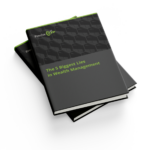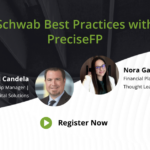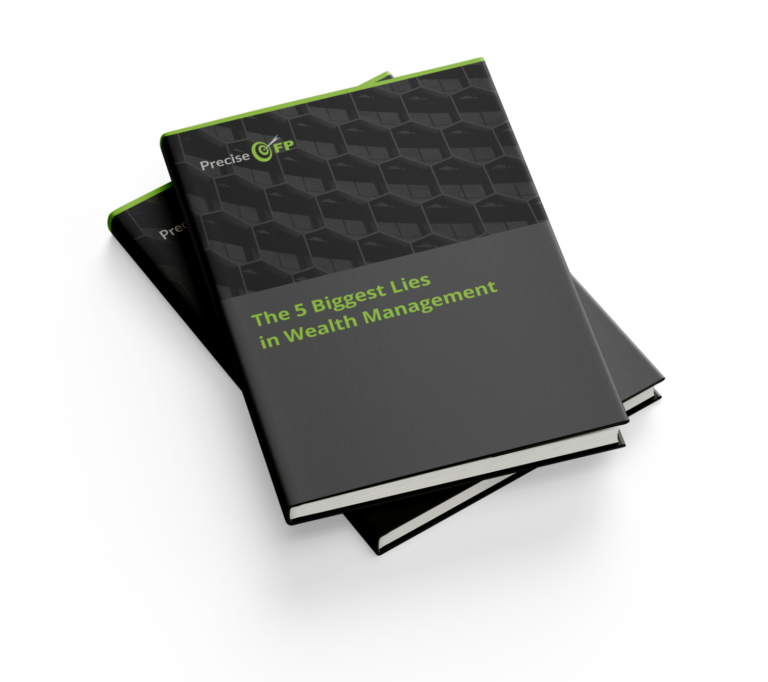Just like a doctor builds trust with their patients through consistent care and empathy, trust is the bedrock of a robust advisor-client relationship. It’s what opens doors to new opportunities and fuels the growth of your firm. When clients were asked why they chose their financial advisor, the predominant answer was simply that
they trusted them.
Trust isn’t just about attracting new clients—it’s essential for retaining them and fostering long-term relationships.
According to a Vanguard study, 94% of investors are more likely to make a referral when they “highly trust” their advisor. Building trust isn’t instantaneous; it’s developed through strong practices and relationships in four critical areas
Trust in Your Knowledge and Expertise
The most basic form of trust is functional: Can clients trust that you are a skilled advisor who will benefit their financial futures? Do you prove your value as an advisor? Clients are trusting you with their financial futures and need to feel confident that you have the expertise to protect their money and help them reach their financial goals. They need to trust that you know what you’re talking about and are knowledgeable in financial products that relate to their life.
When clients trust your expertise, they will listen to your advice and understand that you are acting in their best interests. Build trust in your expertise by sharing your education, training, and certifications.
Trust in Your Values and Ethics
Establishing your trust as a knowledgeable advisor is important. But when potential and new clients connect with you, they likely already feel
confident in your intellectual abilities and experience. What they need is to build emotional trust in your values and attitudes. Clients need to trust that you will abide by a moral and ethical code.
The core of emotional trust comes down to clients’ trust that their advisor acts with their best interests in mind. If an advisor has strong values and a moral compass, clients can trust that they will always lead them in the right direction. But if clients don’t know if an advisor is helping them or only looking out for themselves, they are less likely to trust the advisor.
Clients want to know your philosophy toward investing and what motivates you. To build emotional trust, clearly state your values and the reason behind your actions. Steering clear of regulatory issues and investigations also shows you understand the industry and follow regulations.
Strong morals matter. When clients trust their advisors emotionally, they are more than twice as likely to offer a referral, compared to those who said they only had a moderate amount of trust in their advisors.
Trust in Your Caring and Personalization
Every advisor can offer financial products; what sets you apart is the personal care you provide to clients. They must trust that you genuinely care for them and will deliver personalized service. One survey found that
25% of financial clients said they would leave their advisor because of a lack of “personal connection.” Clients who trust you know them and give them personalized service, not just cookie-cutter recommendations, feel more comfortable.
Establishing a trusting relationship starts by listening to new clients and fully understanding their life stage, worries, financial goals, and plans.
Trust in Your Promises
When clients sign on with an advisor, they’re looking for a long-term commitment and a relationship that will last for years or even generations. Build trust in your commitment to your clients by doing what you say you’ll do and being available to answer their questions.
Broken promises and empty action plans can quickly destroy trust. If a client can’t trust that you will call when you promised or send a form like you said, it’s difficult for them to trust that you’ll continually act with their best financial needs in mind. Small things matter, so don’t let a missed call or email erode your client’s trust.
Finances are stressful, especially during turbulent economic or personal times. Clients want an advisor they can trust to stick around and help them weather the storm instead of bailing at the first sign of stress or struggle. Although nearly
three-quarters of U.S. investors are worried about inflation, 83% say their financial advisor has informed them how market volatility will affect their long-term financial goals. Establishing trust during good times and bad shows your commitment to clients and keeps them engaged.
Trust means everything to financial advisors. You can’t build strong relationships and a solid firm without first establishing that foundation of trust.
Don’t leave trust to chance—let
PreciseFP help you create a tailored, consistent, and impactful client experience. Explore the possibilities today and take the next step towards excellence in client management.










